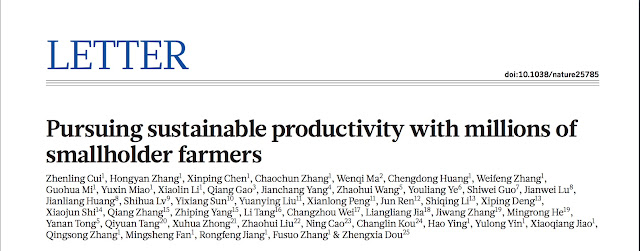What I Learned from a Year Spent Studying How to Get Policymakers to Use Evidence

Source: http://cognitive-edge.com/blog/on-evidence/ The past year I was a senior research analyst at Northwestern University's Global Poverty Research Lab on a study of evidence-based policy. Specifically, our goal was to work on a question often on researchers' minds: how can I get my ideas acted upon? To do this, I dug through a number of bodies of evidence on how science influences policy. One area I looked at is what is called "implementation science" in medicine, which looks at how to get doctors, nurses, and hospital administrators to adopt evidence-based practice. Another was a series of papers by social scientist Carol Weiss and her students on how policymakers in government agencies claim to use evidence. There is also a small literature on how to implement evidence-based policy in public schools, and a little work on policymaker numeracy. I've included a bibliography below that should be helpful for anyone interested in this topic. Most of my yea...



